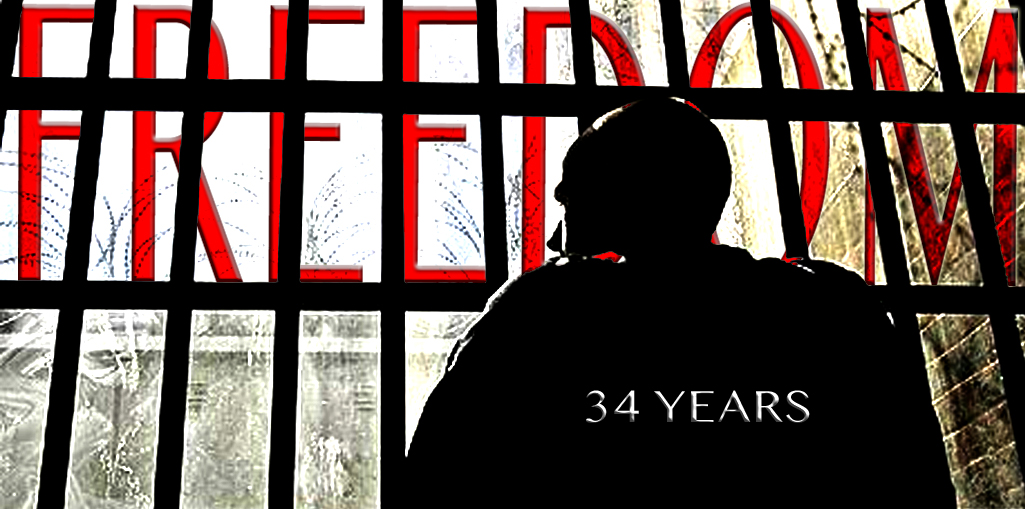It wasn’t too long ago that I cautioned those who were comfortable with law enforcement practices to ask “Who watches the watchers?” On the heels of a nationwide scandal involving the NSA and their blatant violations of our Constitutional rights comes a scandal that strikes much closer to home. 18 L.A. County Sherriff’s deputies working in L.A. County jails have been indicted for multiple counts of federal civil rights violations.
Ranging in rank from deputies to sergeants to lieutenants, in other words, all the way up to supervisors, these 18 deputies are accused of violently beating inmates, detaining visitors against their will, and obstructing investigations into their wrongdoing by hiding away inmate victims from the FBI. In fact, these deputies attempted to intimidate an FBI Agent at her home, going so far as to tell her they were seeking a warrant for her arrest . What may have been the final indignity, among all the indignities suffered by the general public visiting friends and relatives in custody, was the detention and roughing up an Austrian Consulate official attempting to visit an inmate. This event apparently reached the ears of the Federal government when the Austrian government complained about the abusive treatment suffered by their official. Apparently it’s not enough to get action when only American citizens complain of mistreatment and abuse. Let a foreign dignitary get abused and it’s guaranteed action by those in power.
Abuse by the law enforcement agents we trust to protect our citizens and, yes, even our citizens who have been detained either suspected of or accused of a crime can’t be tolerated by a law abiding society. It’s easy to think that anyone in jail should suffer whatever consequences await him or her. But that is dangerous thinking because it is against the principles of our Constitution and basic notions of humanity (5th amendment, 6th amendment, 8th amendment). It reduces our democracy and our civil liberties if we, as a society, tolerate such rampant abuse. We entrust our law enforcement officials with the duty to protect all of us. We must remain vigilant as a society. The FBI and federal government are doing the right thing, but it should never have come to this in the first place. Our state and local communities must demand our law enforcement officials live up to the motto written on the side of their patrol cars, “To Serve and Protect”. It’s time the motto is changed to read, “To Serve and Protect Everyone Equally”.
 Orange County Criminal Defense Lawyer Blog
Orange County Criminal Defense Lawyer Blog


 On November 8, 2013, the Los Angeles Times had a headline that read, “34 year wait for justice is over”. The defendant,
On November 8, 2013, the Los Angeles Times had a headline that read, “34 year wait for justice is over”. The defendant,  Subvert the criminal justice system. Lie to the judge. Hide evidence. Sounds like a defendant in a criminal case doesn’t it?
Subvert the criminal justice system. Lie to the judge. Hide evidence. Sounds like a defendant in a criminal case doesn’t it?